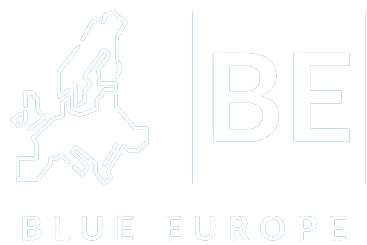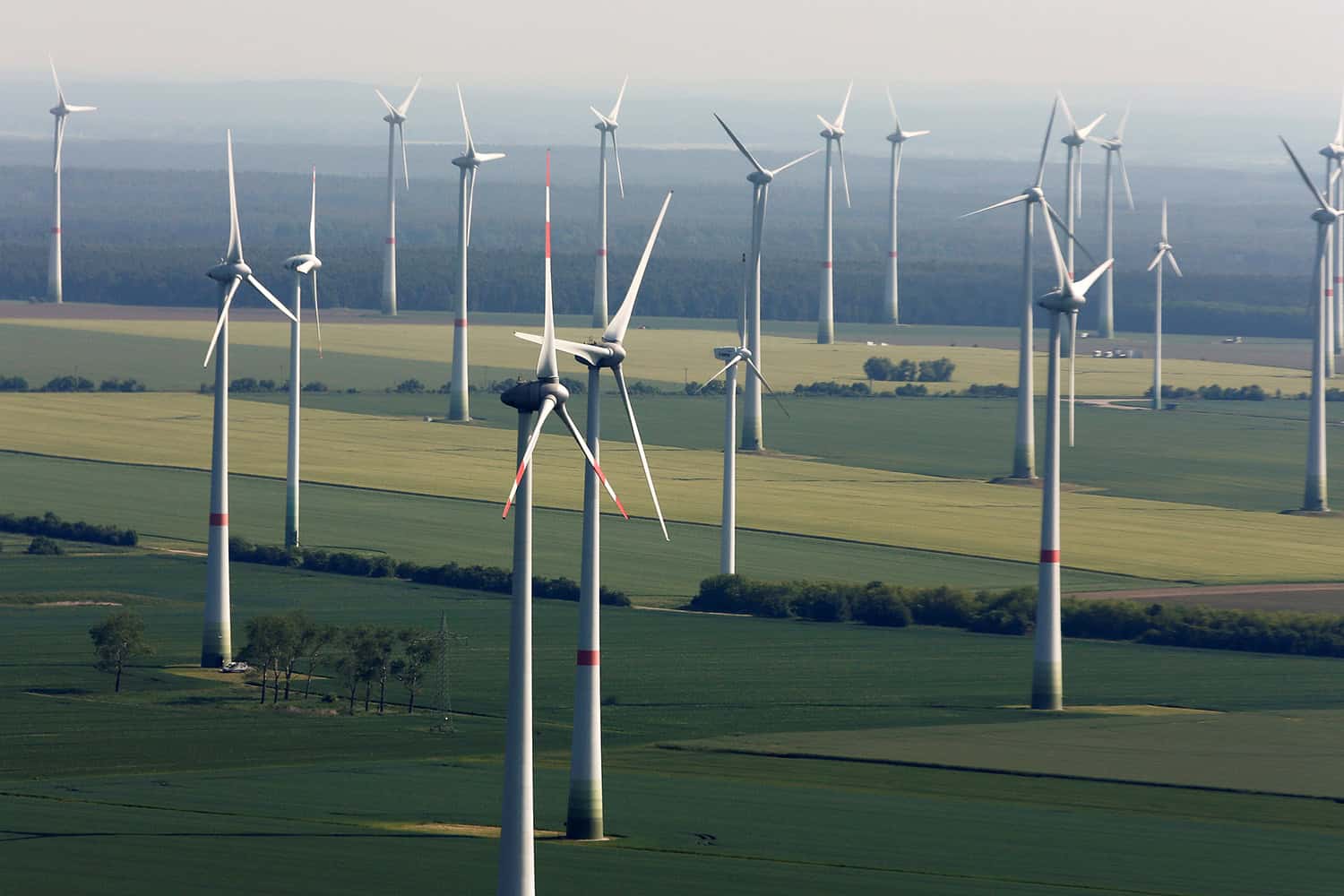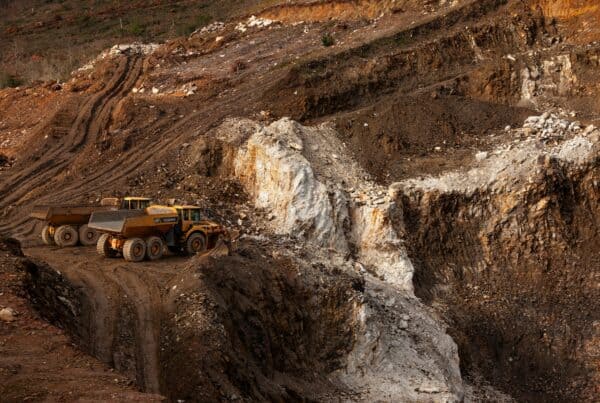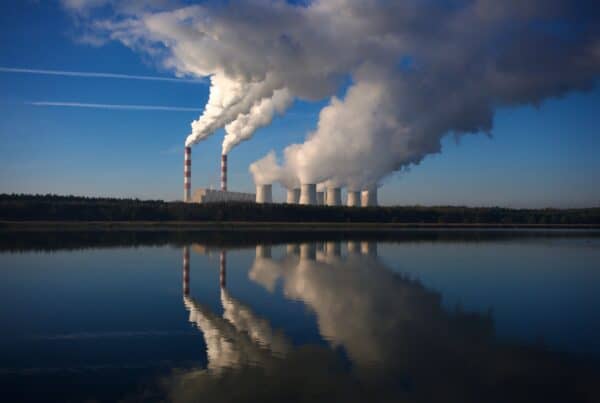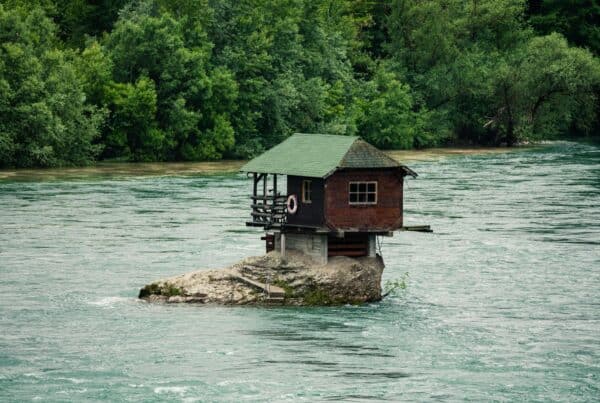Introduction
The European Green Deal [1], launched in 2019, marks a pivotal transformation in European policy, aiming to make Europe the first climate-neutral continent by 2050. This ambitious agenda, enshrined in the European Climate Law [2], necessitates profound changes not only within the European Union but also in its interactions with the global community.
In the light of its climate commitment, the EU aims to generate environmental and economic benefits for its citizens. At the same time, the Green Deal and climate policies will have an important impact on the EU’s foreign and diplomatic relations with the rest of the world and the role the EU will play in the new international context. It is therefore necessary to analyse and assess these implications.
The EU’s decarbonization efforts, encapsulated in the Fit for 55 package of the Green Deal [3], are not isolated and encompass a vast array of intersectoral and transcontinental projects; hence, they influence and are influenced by global dynamics. Moreover, the EU, accounting for less than 10% of global emissions, must engage internationally to achieve meaningful climate action and promote a just global transition. Otherwise, efforts to convert our supply chains might result completely vain on a global scale.
The EU’s strategy involves three key international dimensions: 1) taking a leadership role in the global climate agenda; 2) setting international regulatory standards for the green transition; and 3) fostering industrial transformation to ensure technological leadership in clean energy sectors.
Mutating Relations with MENA Countries
The Green Deal’s impact on the EU’s relationships with fossil fuel producers is profound. Given Europe’s traditional dependence in the field, the widespread use of green technologies will reduce the need to import fossil fuels, which will also reduce the cost of energy supplies. For example, European Commission scenarios predicted a decline in oil imports of 23-25% until 2030 and 78-79% after 2030 and a more moderate decline in gas imports of 13-19% between 2015 and 2030 and 58-67% after 2030 [4]. The reduction of gas demand seems to be accelerated as a result of the Fit for 55 package, but especially the REPowerEU plan [5]. Thus, the components of the energy transition have become securitised and not only environmental.
EU’s decreasing dependence on fossil fuels will significantly alter its relations with major hydrocarbon producers. This shift will affect countries differently based on their reliance on EU markets and their production costs [6]. Middle Eastern producers with lower production costs, like Saudi Arabia and Qatar, may remain competitive, while North African producers, facing higher costs and political instability, could be more adversely affected. The EU must navigate these changes carefully to avoid socio-political instability in these regions, which could also have security implications for Europe, including a worsening migration crisis.
That is why it is necessary to consider alternative partnerships and schemes to maintain relations with these countries and foster an orderly and managed transition at the international level. For instance, the development of a secure and sustainable hydrogen economy can certainly be an area of cooperation between the two shores of the Mediterranean [7], including through cooperation on common technologies and standards.
The Role of Critical Raw Materials
As the EU transitions to renewable energy, its dependence on critical raw materials such as rare earth elements, cobalt, and lithium will increase. These materials are essential for renewable energy technologies and electric vehicles. Currently, the EU relies heavily on imports from countries like China, which dominates the global supply chain for these materials.
To mitigate this dependency, the EU has developed strategies to secure a stable supply of critical raw materials. The Critical Raw Materials Act, proposed in 2023, aims to diversify sources, enhance recycling and reuse, and streamline the approval process for mining projects within the EU. Additionally, the EU is forging new partnerships with countries rich in these materials, such as Rwanda, to ensure a more resilient supply chain [8].
At the same time, there is a risk of moving from one dependency (Russian gas) to another. This is the case for critical minerals, essential and non-substitutable inputs for green technologies but characterised by a high supply risk due to the high geographical concentration of reserves and the entire value chain. The EU is heavily dependent on imports of critical minerals. To cope with the expected increase in demand for these minerals due to decarbonisation, countries need to develop and expand value chains.
In March 2024, the European Council approved the aforementioned Critical Raw Materials Act, which aims to reduce dependence on third countries. In order to do so, the EU will seek to promote extraction, refining and recycling within the Union. Although recent developments in Norway offer new hope [9], the time and cost involved make self-sufficiency a hardly attainable goal. That is why the EU is working to diversify supplies through strategic partnerships with third countries. It is crucial for the Union to favour diversification along the entire value chain and not only in extraction so as to reduce the Chinese role in mineral processing and refining and to favour the industrialisation of resource-rich countries.
The Role of China
China’s dominance in green technologies, particularly solar panels and electric batteries, poses a significant challenge for the EU [10]. Despite efforts like the European Battery Alliance in 2017, Europe remains heavily dependent on Chinese manufacturing. The EU’s strategy now involves bolstering its industrial capacity, fostering innovation, and addressing unfair trade practices. In this regard, the EU’s Green Deal Industrial Plan, launched in 2023, focuses on creating a favourable regulatory environment, improving access to financing, enhancing skills, and maintaining open trade for supply chains. The recent Net Zero Industry Act, which derives from the Green Deal, identifies key sectors where Europe aims to reduce dependency and gain relevance globally.
The European Union is also investigating into China’s utilization of subsidies and trade practices that impede equitable competition. For instance, in the production of electric vehicles, the Commission concluded that China’s is gaining a competitive advantage thanks to unfair subsidies [11].
While green technologies are effective in decreasing reliance on petrostates, European government must recognise that an industrial policy is essential for implementing a climate policy. China’s competitive edge in several technologies has been evident due to its industrial policy cantered around state-owned and vertically integrated firms, as well as its strategic use of subsidies, investments, and local deployment. This realization poses a challenge to the prior belief system cantered around globalization, free trade, and economic and technological collaboration focused on economic efficiency. This system facilitated the relocation and expansion of technology manufacturing to China, granting the Asian giant an extraordinary growth in the past four decades [12]. Nevertheless, in the wake of the ‘new’ globalization [13], global players must consider all the implications of free trade and interconnection.
The “Brussels Effect”
The EU’s regulatory power, often referred to as the “Brussels Effect,” allows it to influence global markets by setting high standards for products and practices. This regulatory influence extends beyond its borders, encouraging other countries to adopt similar measures. The EU Emissions Trading System (ETS), for example, has inspired similar schemes in other countries, including China [14]. However, the EU must wield this power judiciously to avoid international tensions. The Carbon Border Adjustment Mechanism (CBAM), which imposes a carbon tax on imports based on their carbon content, aims to prevent carbon leakage and encourage global carbon pricing. While this mechanism supports the EU’s climate goals, it must be implemented in a way that is fair and acceptable to trading partners to avoid economic conflicts.
The EU’s leadership in international climate negotiations is critical for advancing global climate action. Despite facing criticism, particularly during the COP27 in Sharm El-Sheikh, the EU has maintained its ambitious climate targets. At COP28 in Dubai, the EU played a key role in setting targets for renewable energy and energy efficiency, and in advocating for reduced fossil fuel consumption and increased climate finance. Looking ahead, the EU must continue to lead by example, demonstrating that a green transition is not only feasible, but also beneficial. This includes adhering to its own decarbonization targets and supporting global efforts through climate finance and technology transfer.
In this regard we can note the EU position for COP29 in Azerbaijan. Key EU objectives for November 2024, as outlined by the European Committee of the Regions (CoR) [15], can be understood even from the title of the CoR opinion factsheet: “Towards a Global Green Deal: harmonizing global frameworks for climate change, biodiversity and sustainable development.” The EU places a strong emphasis on the international aspect of climate policies, advocating the integration and synergy of international frameworks, such as the Rio Conventions, the 2030 Agenda for Sustainable Development, the future international plastics treaty, and the Sendai Framework for Disaster Risk Reduction. The CoR also calls for aligning the European Green Deal with SDGs and other international goals, advocating for sound, long-term, multilevel governance. In fact, the EU will support a Global Green Deal that balances sustainability with fair job creation, stressing the responsibility of all government levels in implementing inclusive strategies to tackle the planetary crisis.
Conclusion
The European Green Deal represents a bold and necessary step towards a sustainable future. Its success, however, depends on the EU’s ability to integrate its climate policies with its foreign relations and global trade strategies. By elevating climate policy to its own foreign policy strategy, Europe aspires to be a leader in the transition, to actively engage in international negotiations, and to show other countries feasibility by example. Despite its contribution at numerous COPs, not least in Dubai, the EU must increasingly listen to the demands of the so-called Global South, from the issue of climate finance to the different needs and decarbonisation trajectories of developing countries. On the other hand, to be a credible partner, the EU will only succeed if it translates the targets it has set for itself into reality. Only by continuing its own decarbonisation will it be able to show others that it is indeed possible.
References
-
European Commission, ‘The European Green Deal’, 2019, https://commission.europa.eu/strategy-and-policy/priorities-2019-2024/european-green-deal_en. ↑
-
European Commission, ‘European Climate Law’, n.d., https://climate.ec.europa.eu/eu-action/european-climate-law_en. ↑
-
European Commission, ‘Fit for 55: Delivering on the Proposals’, n.d., https://commission.europa.eu/strategy-and-policy/priorities-2019-2024/european-green-deal/delivering-european-green-deal/fit-55-delivering-proposals_en. ↑
-
Mark Leonard et al., ‘The Geopolitics of the European Green Deal’, ECFR, 3 February 2021, https://ecfr.eu/publication/the-geopolitics-of-the-european-green-deal/. ↑
-
European Commission, ‘Commission Report on the Functioning of Coordinated Gas Demand Reduction’ (Directorate-General for Energy, 26 February 2024), https://energy.ec.europa.eu/publications/commission-report-functioning-coordinated-gas-demand-reduction_en. ↑
-
Leonard et al., ‘The Geopolitics of the European Green Deal’. ↑
-
Ad van Wijk and Frank Wouters, ‘Hydrogen–The Bridge Between Africa and Europe’, in Shaping an Inclusive Energy Transition, ed. Margot P. C. Weijnen, Zofia Lukszo, and Samira Farahani (Cham: Springer International Publishing, 2021), 91–119, https://doi.org/10.1007/978-3-030-74586-8_5. ↑
-
European Commission, ‘EU and Rwanda Sign a Memorandum of Understanding on Sustainable Raw Materials Value Chains’, Press Release (Brussels, 19 February 2024), https://ec.europa.eu/commission/presscorner/api/files/document/print/en/ip_24_822/IP_24_822_EN.pdf. ↑
-
European Commission, ‘EU and Norway Sign Strategic Partnership on Sustainable Land-Based Raw Materials and Battery Value Chains’, Press Release (Brussels, 21 March 2024), https://ec.europa.eu/commission/presscorner/api/files/document/print/en/ip_24_1654/IP_24_1654_EN.pdf. ↑
-
Marie Le Mouel and Niclas Poitiers, ‘Why Europe’s Critical Raw Materials Strategy Has to Be International’, Bruegel, 5 April 2023, https://www.bruegel.org/analysis/why-europes-critical-raw-materials-strategy-has-be-international. ↑
-
European Commission, ‘Commission Investigation Provisionally Concludes That Electric Vehicle Value Chains in China Benefit from Unfair Subsidies’, Press Release (Brussels, 12 June 2024), https://ec.europa.eu/commission/presscorner/api/files/document/print/en/ip_24_3231/IP_24_3231_EN.pdf. ↑
-
Huiyao Wang, ‘China and Globalization: 40 Years of Reform and Opening-up and Globalization 4.0’, Journal of Chinese Economic and Business Studies 17, no. 3 (3 July 2019): 215–20, https://doi.org/10.1080/14765284.2019.1667099. ↑
-
Franklin D. Kramer, ‘China and the New Globalization’, Atlantic Council (blog), 20 January 2023, https://www.atlanticcouncil.org/in-depth-research-reports/report/china-and-the-new-globalization/. ↑
-
Stefano F. Verde and Simone Borghesi, ‘The International Dimension of the EU Emissions Trading System: Bringing the Pieces Together’, Environmental and Resource Economics 83, no. 1 (1 September 2022): 23–46, https://doi.org/10.1007/s10640-022-00705-x. ↑
-
European Committee of the Regions, ‘Towards a Global Green Deal: Harmonizing Global Frameworks for Climate Change, Biodiversity and Sustainable Development’, 19 June 2024, https://cor.europa.eu/en/our-work/Pages/OpinionTimeline.aspx?opId=CDR-5586-2023. ↑

